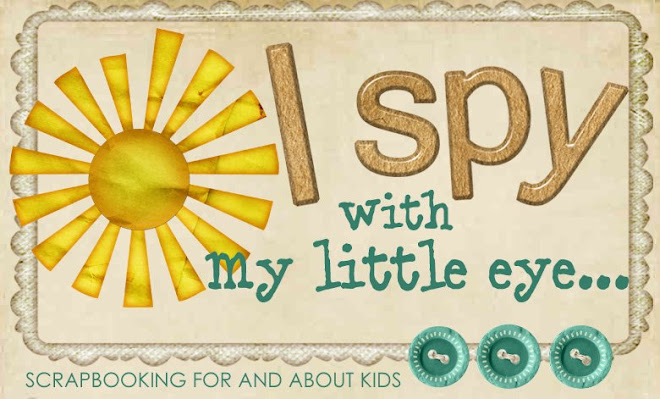
- Describe events according to the amount of time they take compared to other events.
- Order everyday events.
- Sequence daily events (using association words including before, after, beginning, end, first, last, middle, between) .
We want kids to have a good sense of time and how it relates to their everyday lives. They should understand that an hour is longer than a minute, that it takes longer to play a game than to brush their teeth, and be able to sequence events in their day (for example--getting out of bed, going to school, eating lunch, going to T-ball practice, etc.)
Kindergartners should also start to associate actual times with important events in their day (i.e. what time they go to bed, what time their favorite show is on TV, etc).
Kindergarteners are NOT required to tell time on a analog clock, however, the kinder team has decided to teach the kids how to tell time to the hour. Look for this little mouse clock to come home, and have your child practice setting the clock to the hour (ex. Show me 7:00).
 If you want your child to learn more about time:
If you want your child to learn more about time:- Make sure you have a variety of clocks in your house--analog as well as digital.
- Talk about time. Have your child predict how long it will take to do something and then time it to see how close they were (for example--how quick can they clean their room? How many toys can they pick up in 5 minutes? How long will it take to drive to San Antonio?).
- Make schedules with actual times. Tell your child what time they will be doing things (ex. Your dance class is at 6:00.)
- Don't stress about teaching them to tell time on analog clocks. If you think they are ready and they show an interest, go for it. But take it slowly and don't worry if they don't get it right away.


No comments:
Post a Comment